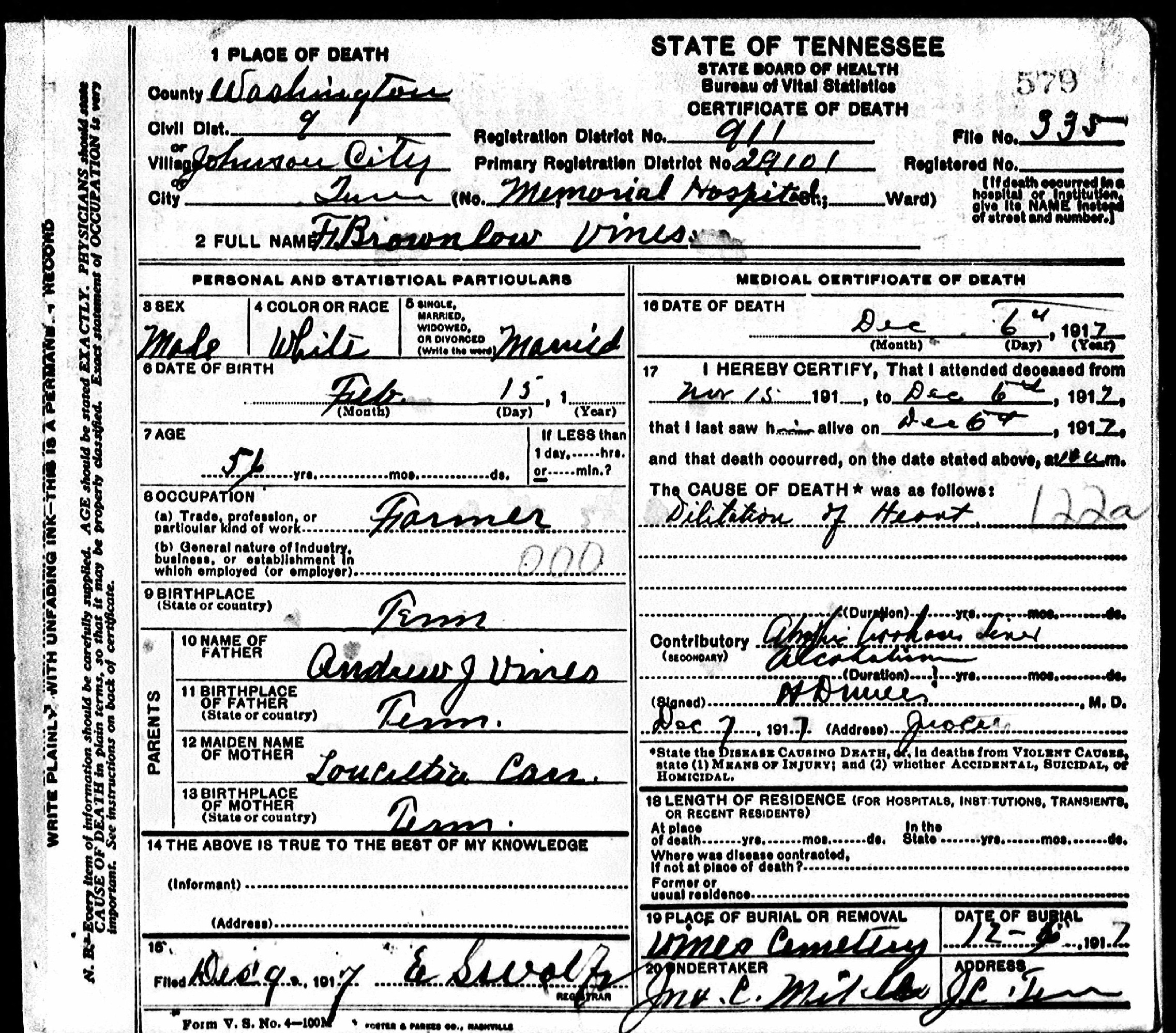Amanuensis Monday: Part 3: The Buerers in Africa: a letter excerpt from the early days
/Idiofa via Kikwit
Congo Belge, W.C. Africa
November 25, 1946
Dear Friends,
Harry and Nancy in front of the second house.
A few days after we sent our circular letter to you in August, our outfit arrived. That is, it arrived with the exception of our trunk which was lost on the way to New York and one case which was lost at the ocean port in Congo. We have been notified that both have been found and are on the way, although neither has arrived yet. We were very happy to be able to unpack our dishes, bedding, books, and all the other things that we waited so long for. There were some disappointments, too, as we discovered that almost every box had been broken into any many things, mostly new clothing, stolen. Also, many dishes were broken and one box contained a quart bottle of ink and a large can of Flit which both broke and gave things a distinctive odor as well as color. However, these things were not very important and we have almost forgotten about them now.
About that time also, the rainy season started and we found our house living quarters (crossing out of "house" done by my grandmother in her letter) quite uncomfortable. Rain here is almost always accompanied by a strong wind and we could hardly find a corner in the house where we could keep dry. However, the stone house that had been under construction for several months, was almost finished so the Brower family moved into it and we moved into their former house. It, too, is a temporary building but it will keep us dry until another permanent house can be built. The house is made of clay with a grass roof and floor woven of split palm poles. It has two rooms, a bedroom and a dining room while just outside are a cookhouse kitchen (crossing out of "cookhouse" done by my grandmother in her letter) and two storerooms. Harry made several pieces of furniture from the wood in our packing cases which helps a lot as we had no place to put things.
Vickie cooking outdoors in Africa.
We are able to carry on conversations with the natives now if they don't talk too fast. Harry has been busy every day supervising the buildings that had to be done. A workshop, a boys' dormitory, a girls' dormitory, a garage, a bell tower, a print shop, another dwelling house, and a school have been started. Some of them are completed. Our former house had a porch as big as the house. This was enclosed, the partitions taken out and the building used as a church and schoolhouse.
Every morning at 6:15 the school children and the workmen attend chapel for a half hour. Some of the children attend school from 8 to 12 and others from 1 to 5. On Wednesday evenings there are prayer meetings and on Sunday there is the church service. The Word of God is given out in each of these meetings, sometimes by Angus Brower and sometimes by the native Christians who were trained at Tshene, our other mission station. We have six of them here helping as cooks, houseboys and school teachers.
Sometimes it seems as though nothing unusual every happens here but the past week we had had more than our share of excitement.
And unfortunately this is the only part of the letter I have. I really hoped for some swashbuckling intrigue and dastardly villains. But I have many, many diary entries, and there is no lack of excitement ahead for Harry and Vickie in Africa. (Worms in cookies, anyone? Stay tuned...)






